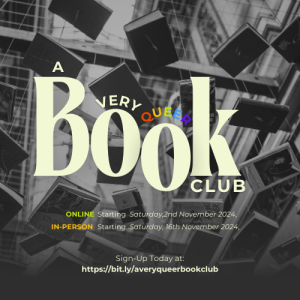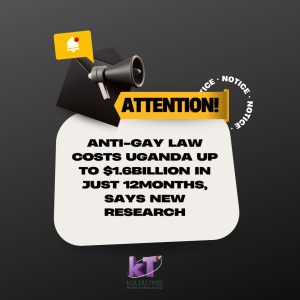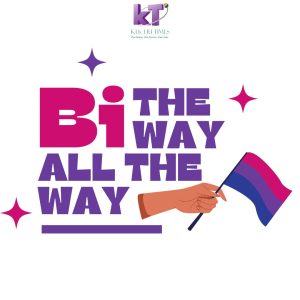Internalized homophobia has quite been ignored as a contributor towards mental health problems among LGBQ persons in Uganda. The experiences of violence, prejudice and discrimination by society cause internalized stigma, whereby a person internalizes public attitudes against sexual minorities that usually impacts them negatively. Biases like family rejections, neglect from friends, expulsions from schools, indefinite suspensions from jobs, mob attacks, unwarranted arrests coupled with hate speeches towards LGBQ persons trigger physical, emotional, psychological and social conditions that can internally jeopardize the mental state of closeted LGBQ individuals. This affects their mood, thoughts and behaviors which leads to isolation, difficulty in functioning a proper daily life and disconnection from reality.
Victims of Internalized homophobia can find solace through social avoidance. Consciously or unconsciously, they choose to stay away from situations where other people can reveal their sexuality orientation. It becomes a form of protective mechanism to live secret lives to avoid social stigma, abuse, harassment, victimization and rejection. The fear of coming out and suffering the impacts of discrimination generates a lack of self-acceptance. Several LGBQ persons inwardly take offence in their own sexuality with feelings characterized by disbelief, low self-esteem, self-hate, guilt, shame, anger, confusion, embarrassment, restlessness, living in fear, volatile mood swings and dullness. The manifestation of these signs can be an indication of mental health problems and based on research studies by the National Alliance on Mental Illness (2018), it is reported that LGBTQ persons are more likely to suffer mental health issues 3 times more than their heterosexual counterparts like Depression, Anxiety and Chronic Stress. If not treated earlier, these cases can graduate to substance abuse, violence, repetitive self bodily harm, suicidal attempts and actual deaths due to suicide. Some LGBQ victims of mental illnesses admit that they conceal their sexuality when they seek for mental health assistance due to fear of rejection, ridicule and shame. They further hide it from their peers because of the societal stigma attached to mental illness which is stereotypical and also qualifies as a form of prejudice not from society but also within the "kuchu" community.
To reduce on the impacts of internalized homophobia, disclosure can be the beginning. By carefully opening up about who you are and being honest about what you are dealing with lowers the level of worry and concern over secrecy. Coming out of the closet about your own sexuality and mental condition by speaking out can be difficult but it eliminates living in fear. Besides, there are peers and some family members that can give support after knowing your truth despite rejection from others. Organizations and projects that target key populations should incorporate personal empowerment programs that can enable those that struggle with internalized homophobia be aware that they are still in full control of their lives even though we live in a largely hostile society. A safe space where victims can be open about their thoughts and feelings through counselling should be set up. We shouldn't underestimate the strength in being vocal about our personal struggles because the process entails relief and gives a sense of power over self-stigma that can positively affect our mental, physical and social well-being. Also through inclusive anti LGBQ services in society especially in our health facilities, people can recognize that prejudice against LGBQ persons is unjust and therefore everyone should take it on as a personal goal to change it.




